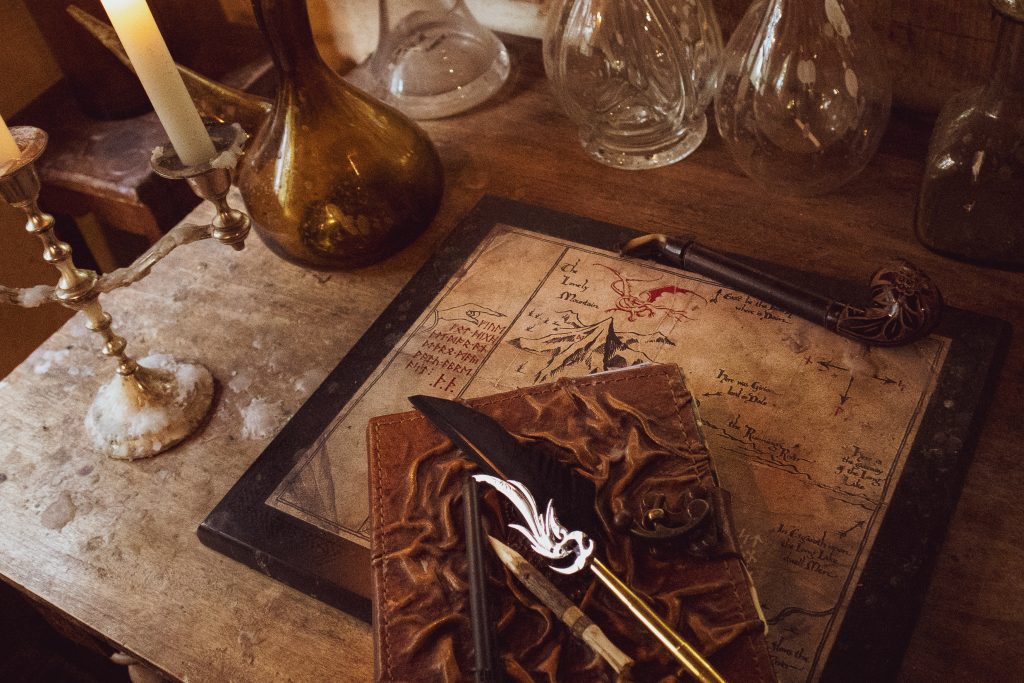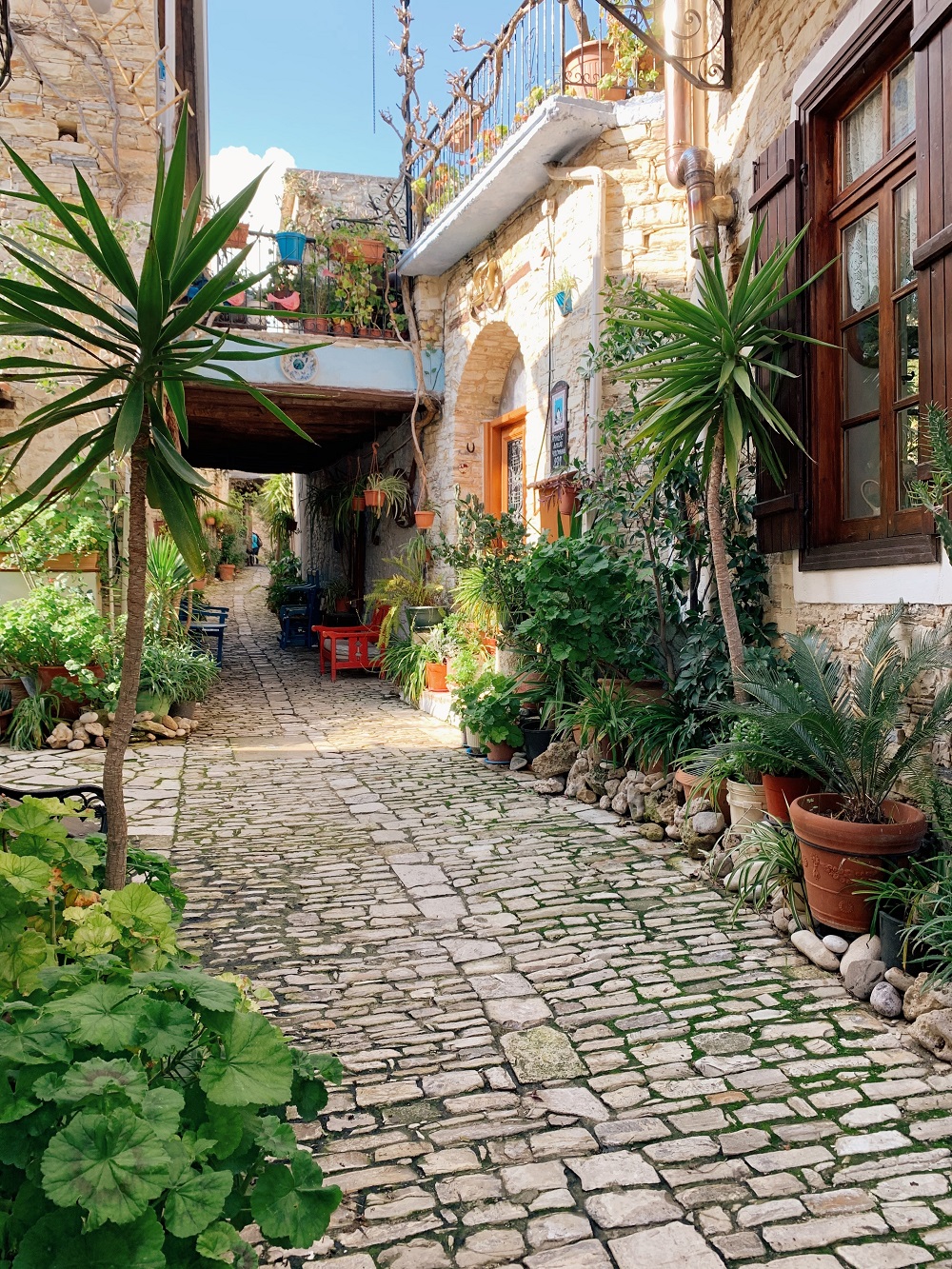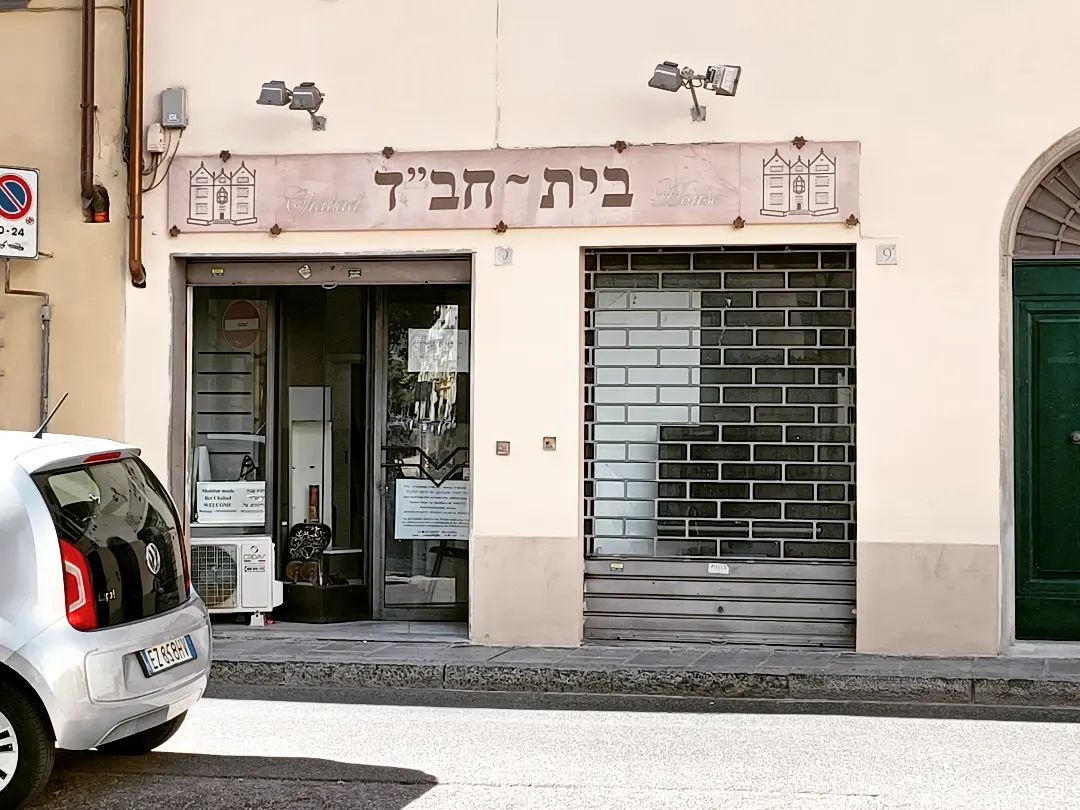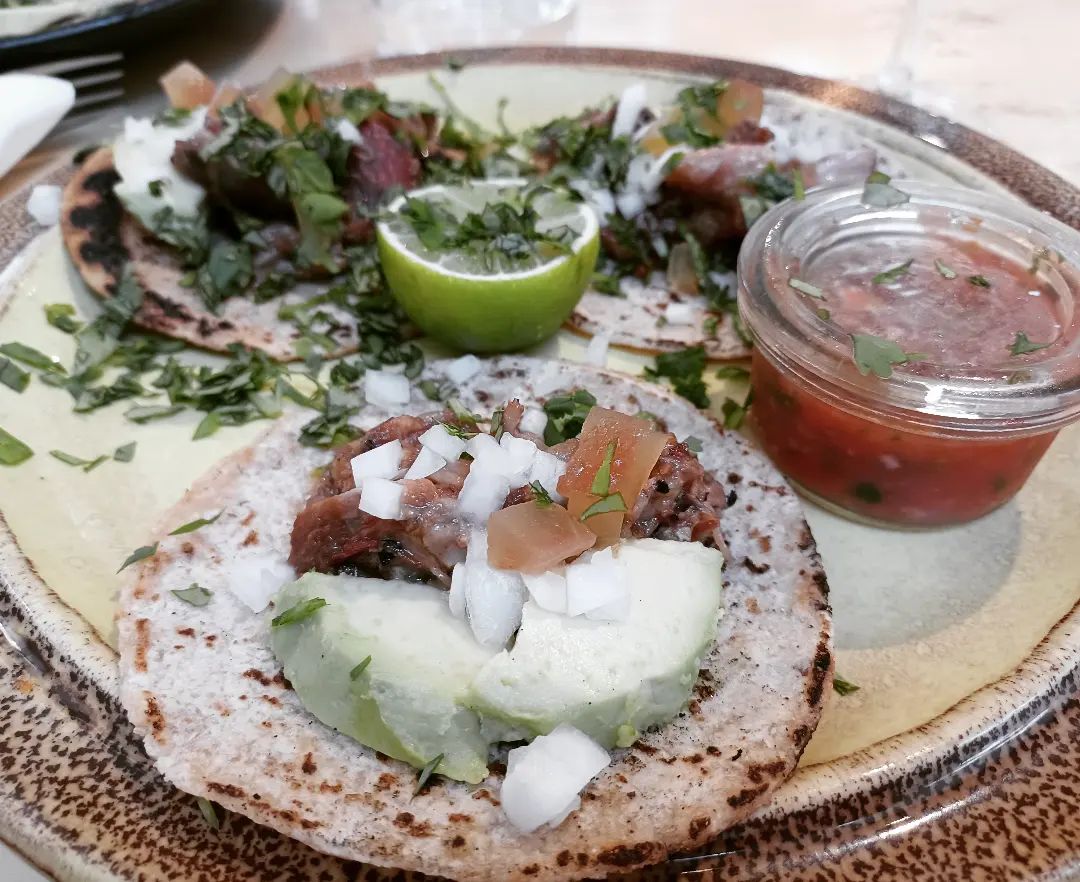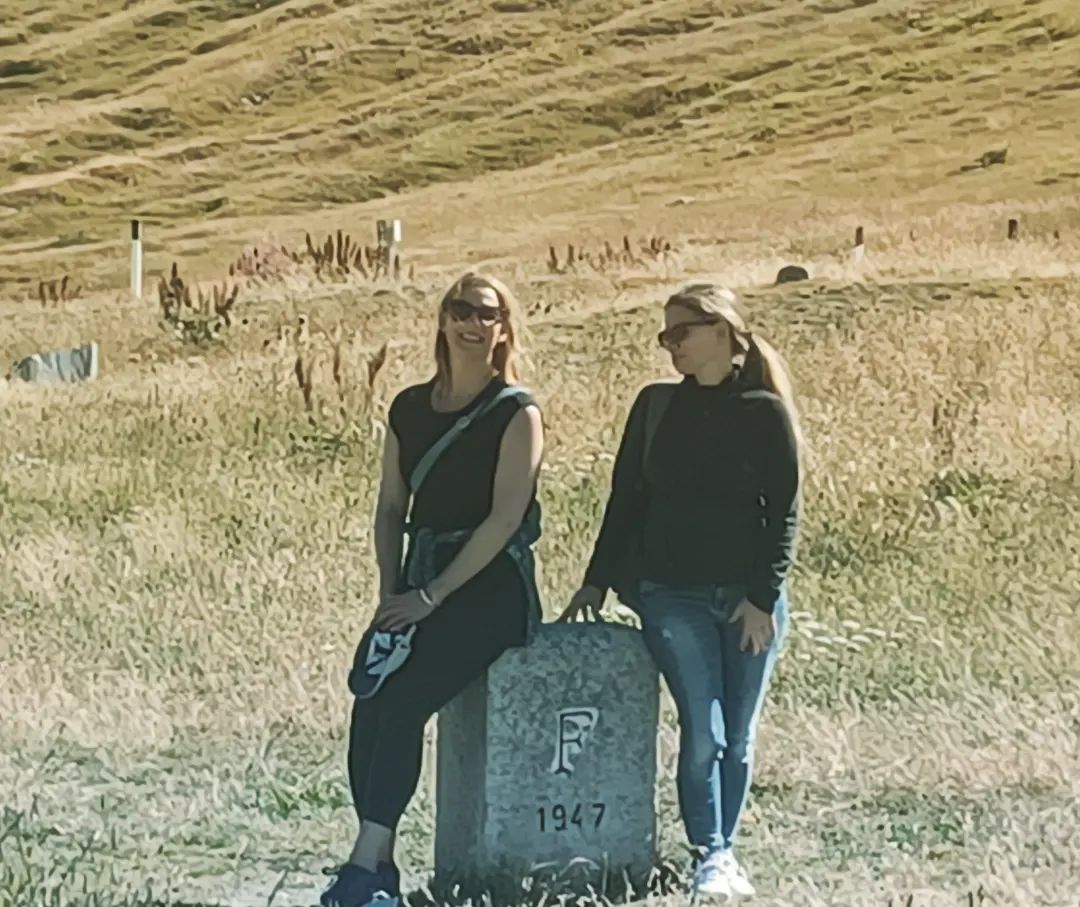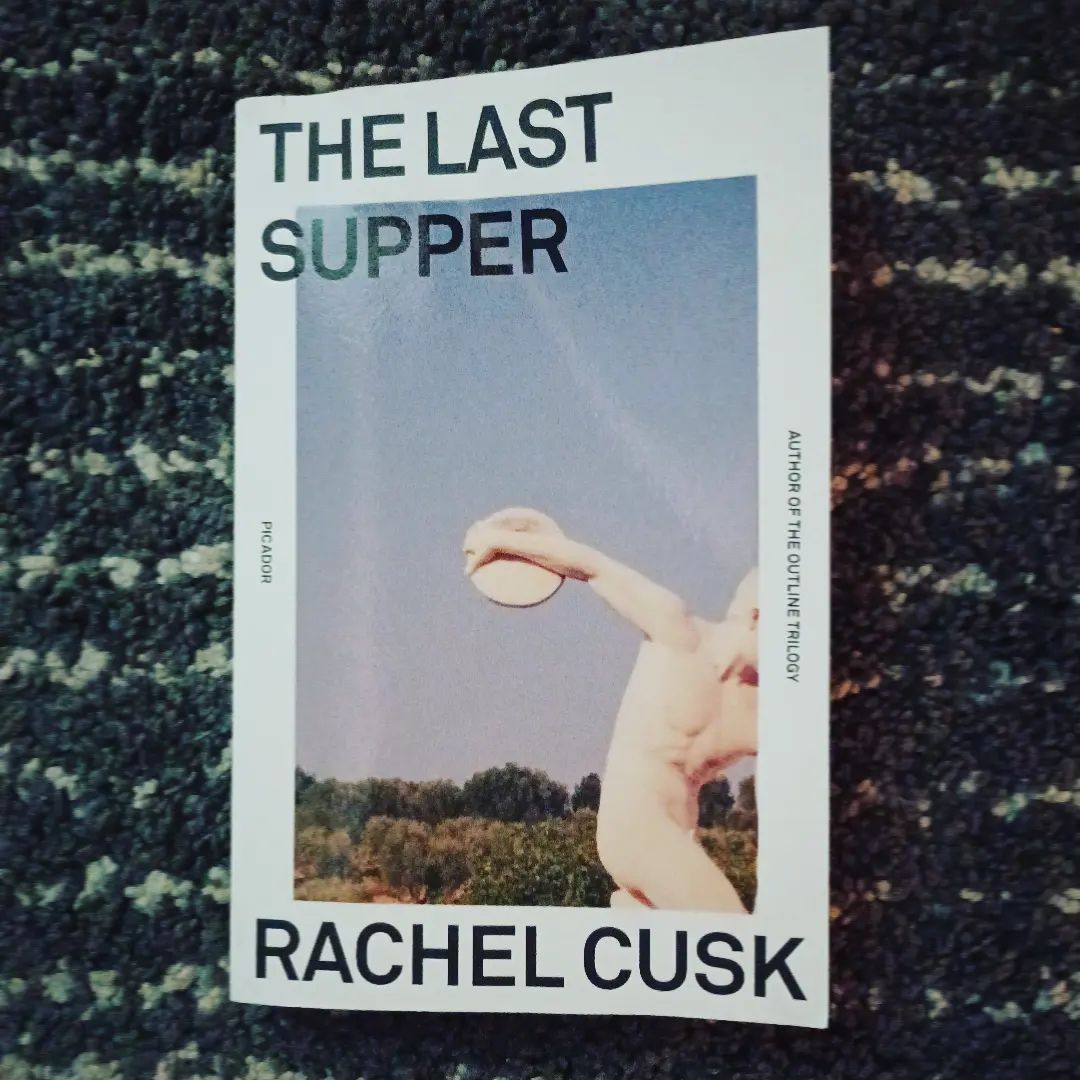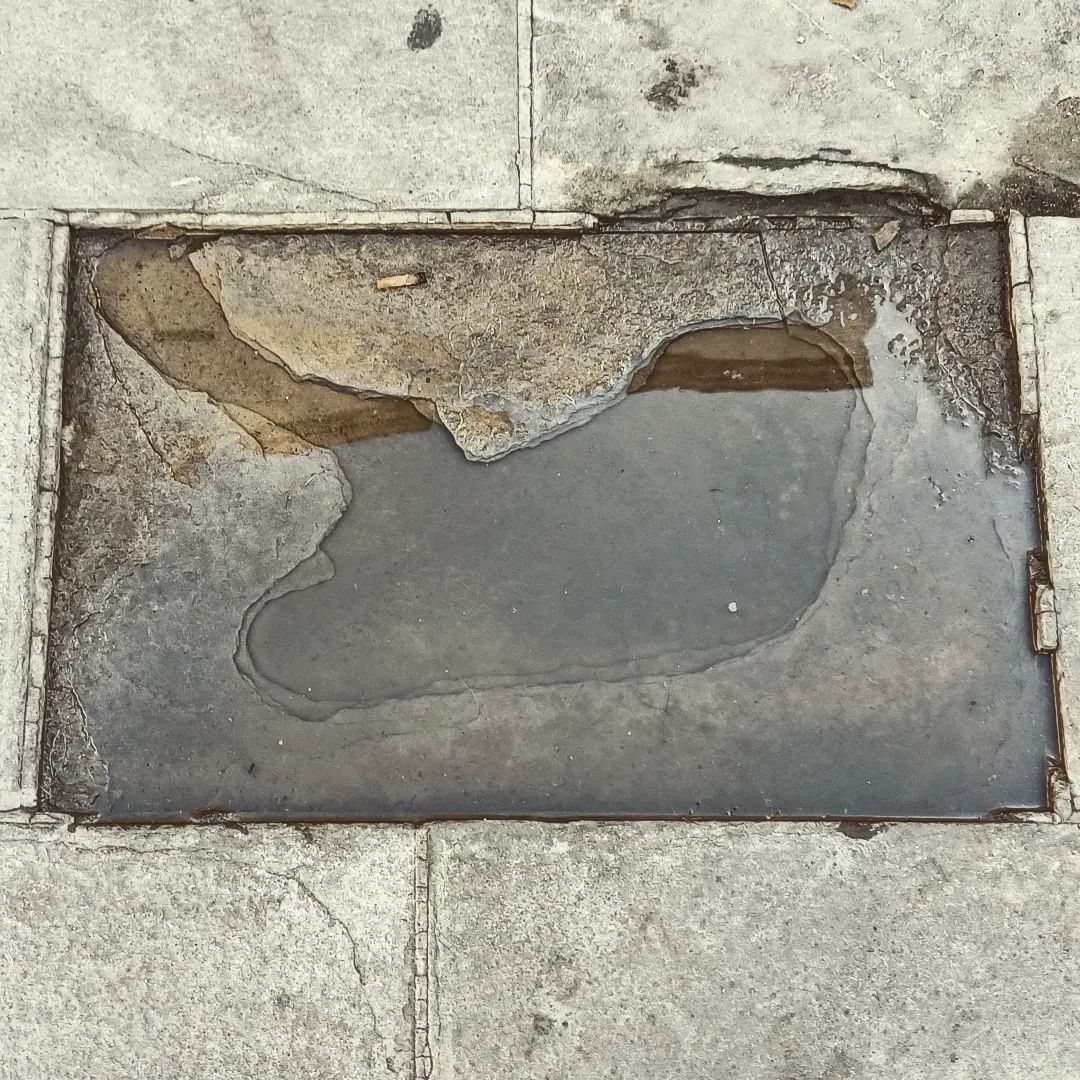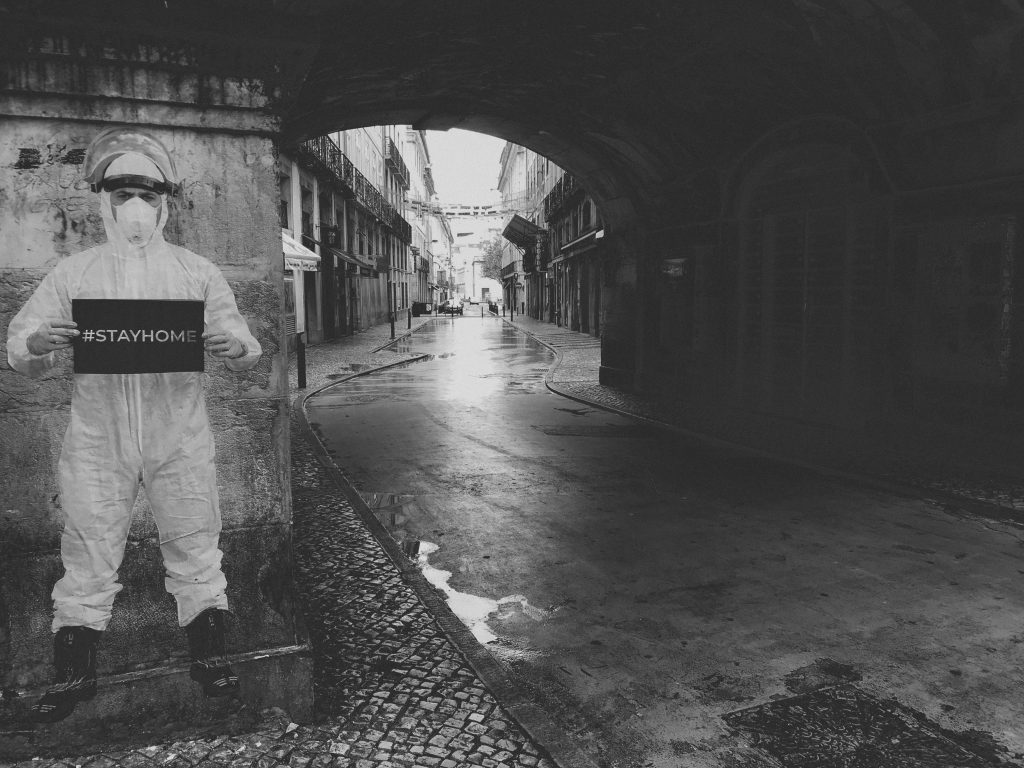
Pausing for a moment to make general historical remarks.
Three years ago this time we were in our first weekend of the hard lock down in Italy, which we initially thought would last a week, or two, or three, but instead stretched to 53 days, releasing us cautiously back into the wild in early May.
By late February of 2020 I knew we would be living through some unprecedented times, a pandemic plus air travel plus internet plus remote work and research science that thankfully laid a foundation for the most expedient vaccine program the world had ever seen. So I started writing in this space. I posted every single day of that period of confinement, some days twice, as the morning hours in our guest room with the east-facing windows afforded me a respite of tranquility in a space reserved a few lengths away from the internal and external anxiety.
People asked me, will it come here? To the US? Will it? yes of course it will, I responded with some impatience, look at the numbers! Read the news. Some comments were scorching. Angry and denying. I focused on chatting with friends and people who calmed me and helped me relocate my hope. My readership went through the roof. I was getting 2000 visits a day to my website to read my daily reports. I lost a few friends in the process, a few former colleagues who felt I had mounted some sort of histrionic high horse. There were tart comments. They made me feel worse. I promised myself to keep writing and posting each day but to not read the comments. My reality was not their reality. Of course I sounded like a ranting lunatic.
I checked the case and fatality numbers daily and freaked out every evening. I cried into my wine at dinner. I tried to read. We all got very, very quiet. Schedules revolved around mealtimes and cleanup. Jason and I checked emails. I binge watched all of Killing Eve in like three days. Victor burned out his laptop sitting on the couch inside a hill of fleece blankets where the fan vent could not breathe. Metaphor indeed. In art as in life. All school and sport stopped for our kids, at the time 5 and 8.
The hard lockdown was no joke here. There was nothing parallel to it in the US, save for a few friends who imposed their own shelter in place orders because they could afford to do it and felt a moral imperative to do it. Ambulance sirens wailed all over town, day and night, even as the sun rose and set as it does. Night turned into day turned into night. The four of us cooped up in our urban apartment, without fresh air, without exercise. We began to name every room in the house: the Terrazza (east window; sun til 11 am); the Spiaggia (‘the beach,’ south window, sunshine in the afternoon). Joints and backs began to ache from the lack of activity. We tried to do some YouTube yoga but it just made everything more sore. We didn’t know when things would end, if ever. Was this the new life? What kind of loss of life was the world facing?
We watched the season slowly charge from our windows. Italians in general had a ‘let’s do this’ attitude, all the ‘tutto andrà bene’ signage in the windows with little crayon rainbows. We thought it would last a week, a month. I missed the world more than I thought possible. I vowed to never keep an animal in a cage again but we got a hamster that July anyway. I thought I should finish writing a novel but I was unable to focus. I read a lot of books. I streamed more tv than I thought possible. I worked remotely, but not as much as Jason did, who was now running strategy and tentative budgets not only for Plan B, but also Plan C, D, E, F, and G. No one knew what was going to happen.
Three years later most newspapers still front Covid statistics. I’ve almost finished writing the novel. The Shakespeare project is bubbling along, a vestige of my need for structured projects during the lockdown. I wish I had had the presence of mind to do the Shakespeare Project during the lockdown, since he is REALLY good on mortality, emotion, rituals, tempus fugit, tragedy, uncontrollable circumstances and Fate in general, the human response to adversity, and so on. Moby Dick, which I read in 2021, would have been a great lockdown classic too. Blubbery meditations on difficulty and adversity. The Tempest may be the perfect dramatic pandemic analog. (I’ll cover that point in my next Shakespeare project post.)
How did you know, Monica? Exactly two friends came back to me with this question, one last year, one this year. Both men my age. Kind souls, both. Smart too. No flaming comments from either quarter. I don’t know, I told both of them. The writing was on the wall. I’m an intuitive person. I read a lot of news. I’ve often been a Cassandra. I remembered reading the article in The Guardian on my phone app in bed the night of January 23, 2020, in which it was described how people in Wuhan were being welded into their apartments. To prevent them from leaving. This is really unprecedented, I said to myself, as a little ball of ice formed in my stomach and rolled up into my head. This is Not Good. Were others not reading the news? I mean, this was widely available information.
What a ride it’s been for those of us who survived the last three years. A moment of silence for those who had to disembark earlier than planned due to Covid. The global death toll officially now is said to be 7 million, but it’s probably far higher than that. We’ll never know how much we lost with those lives.
It wasn’t during the pandemic that my fears were realized, but rather later that year, as people chafed to return to normal once more, but the vaccines were not yet widely in use. For a time there, from December 2020 to March 2021, it seems I got weekly reports of people I knew who passed. That was worse than lockdown, because we were freer, but the news was not improving. I lost track of how many people I knew who died. I put names on prayer lists and donated for altar flowers as often as I could.
Press articles blithely mention ‘the next pandemic.’ I mean, maybe likely. But I hope not. Yet Cassandra is always a realist because she has seen things and therefore knows things. That’s the whole point of the archetype. We really have all been through a reckoning since 2020. Perhaps for many the lessons were faint. For others, a stark and poignant turning point. I realized again there was no time to waste.
I remembered the lesson from the time I nearly died in a hospital in Oklahoma in 2009, without a shining tunnel of light, no spirit guides, no special hand pulling me back to life, that we could all as easily be extinguished, that to die is a kind of terminal fatigue that slips into a permanent dark. An ant under a heavy shoe. The world goes on.
I remembered to do what I loved, to be where I wanted, with the people I loved. That art and literature will save us, will offer a path out of a horrendously cold and often nonsensical world. I learned once more to treasure what is important and to let go of the rest. That time could be shorter than we think. That it’s later than we think. That we’re not in control.
Now I want
Spirits to enforce, art to enchant,
And my ending is despair,
Unless I be relieved by prayer,
Which pierces so that it assaults
Mercy itself, and frees all faults.
As you from crimes would pardoned be,
Let your indulgence set me free.
Prospero’s epilogue, The Tempest
